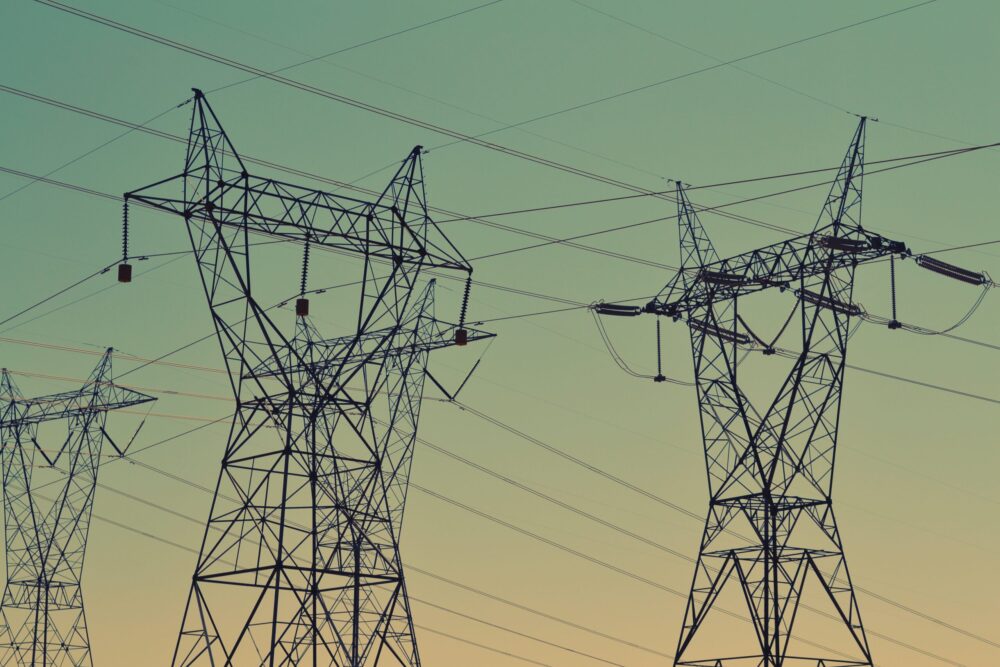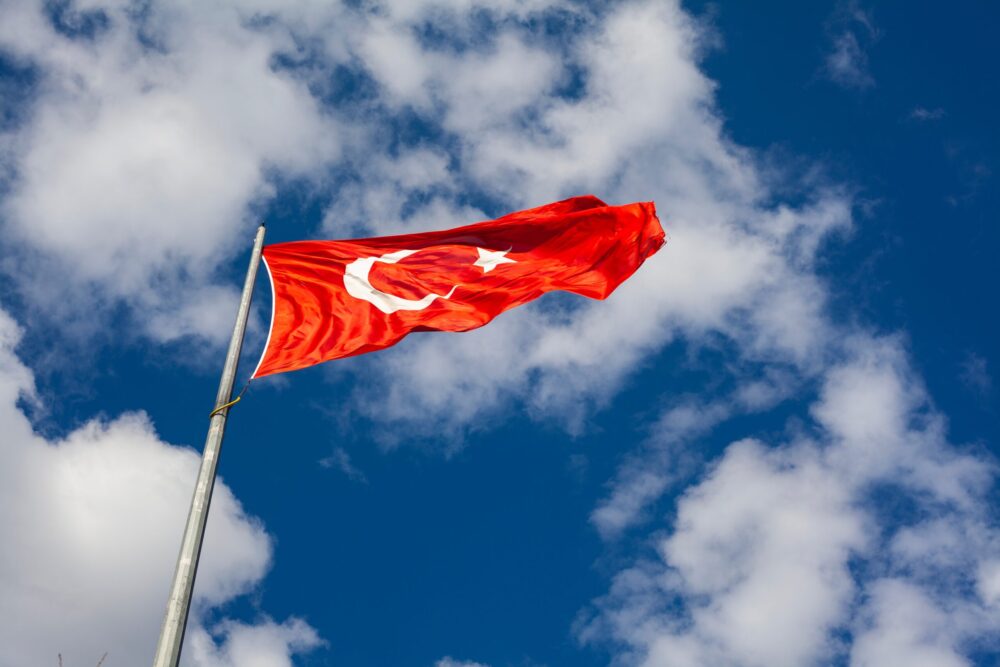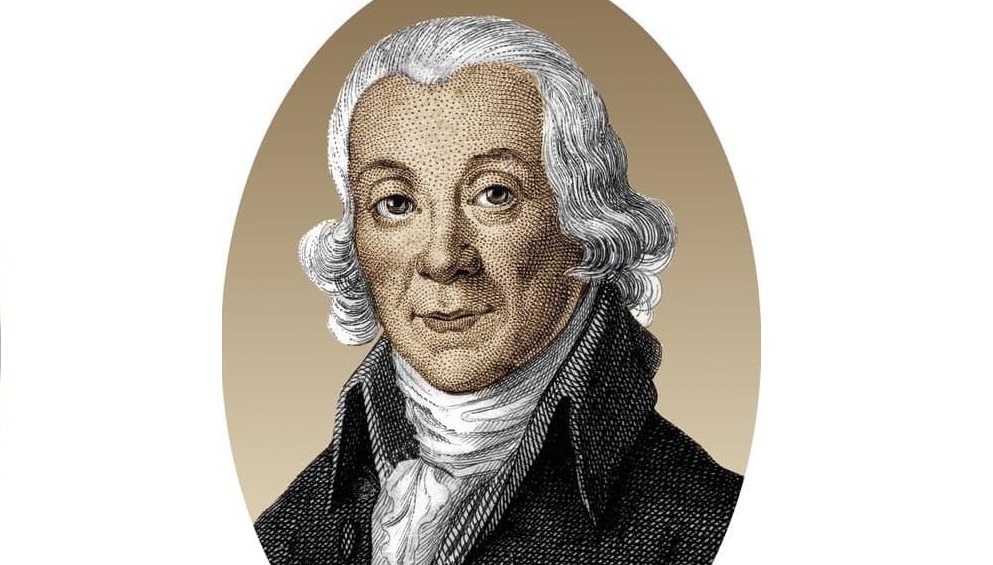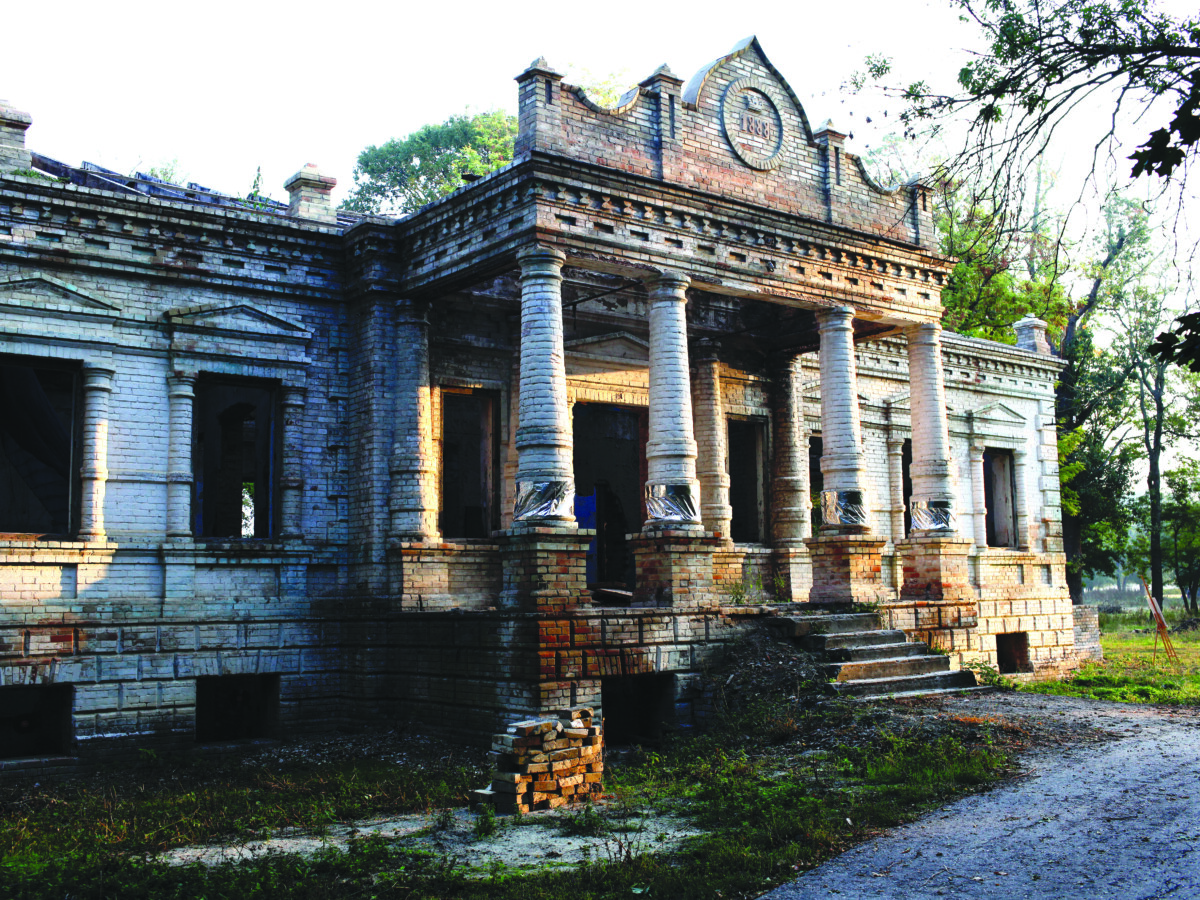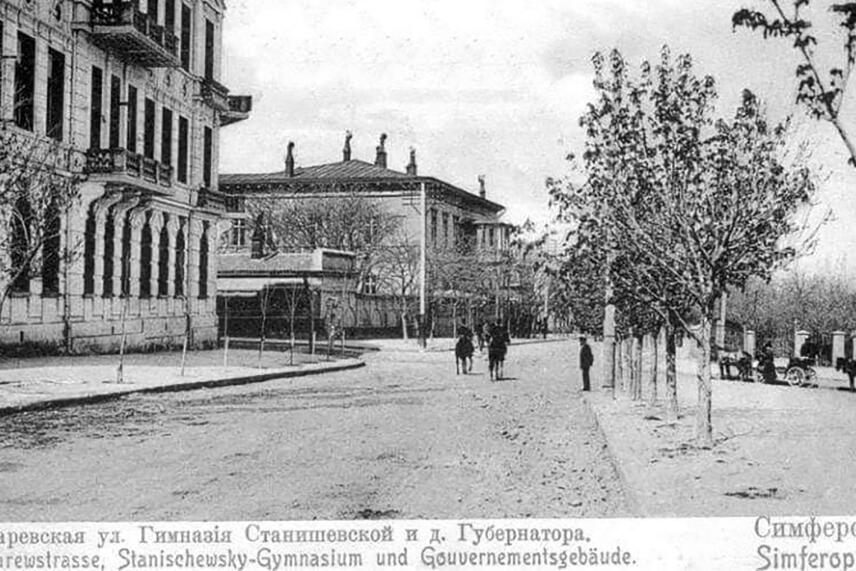The Crimean Supreme Court has passed a conviction in criminal case with regard to Lenur Islyamov. He was found guilty of criminal offences provided for in paragraphs “a”, “b” of part 2 of article 281 of the Criminal Code (CC) of the Russian Federation (subversive actions implemented by an organized group and gave rise to an essential property damage), part 1 of article 208 of the CC of Russia (creation of an illegal armed group) and part 2 of article 280.1 of the CC of Russia (public calls to accomplishing actions aimed at the violation of the territorial integrity of the Russian Federation using the media).
It has been established that in November 2015 Islyamov developed a plan to blow up the electric transmission lines located on the territory of Kherson region of Ukraine and transmitting electricity to the Republic of Crimea and city of Sevastopol.
To implement his ideas, Islyamov organized and headed the criminal group, whose voluntary members were engaged in looking for explosive devices and materials. The criminal cases related to the members of the criminal group will be conducted separately.
On 22 November 2015, electricity transmission line pylons “Kakhovka-Ostrovskoye” and “Kakhovka-Dzhankoi” were blown up. As a result, it led to blackouts of all the welfare facilities in Sevastopol and 876 settlements of the Republic of Crimea.
In addition to it, the criminal created and took the lead in the illegal armed group “Noman Chelebidzhikhan battalion of Crimean Tatar volunteers” numbering at least 150 people, which was deployed on the territory of Kherson region on Ukraine.
Together with the members of the illegal armed group, the convicted person performed recruiting of new members. Furthermore, Islyamov appealed to violate the territorial integrity of the Russian Federation via the media on repeated occasions.
Currently, Islyamov is on the wanted list.
In line with a position of a public prosecutor, the Court found Islyamov guilty and sentenced him in absentia to 19 years of imprisonment in a high-security penal colony with the restriction of freedom for a term of a year. In addition to it, the convicted person is prohibited to perform activities connected with appearances and giving of statements in the area of mass media for a period of two years. The Supreme Court has also complied with suits for collecting funds in repayment of the inflicted damage.
The sentence didn’t enter into legal force.

